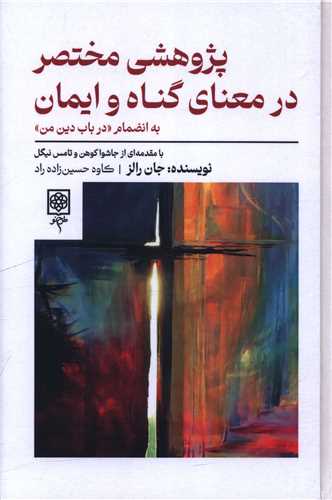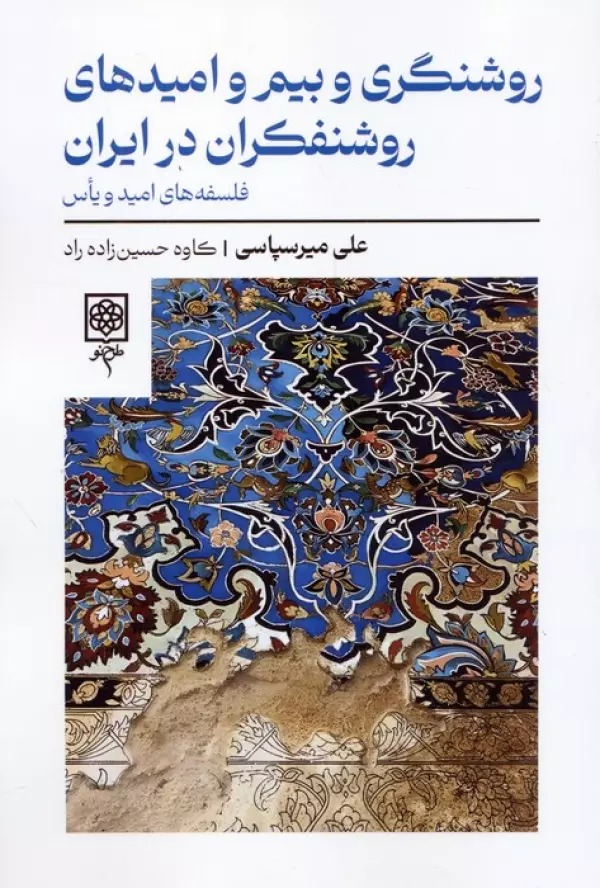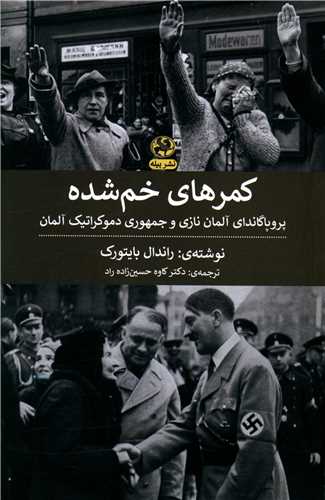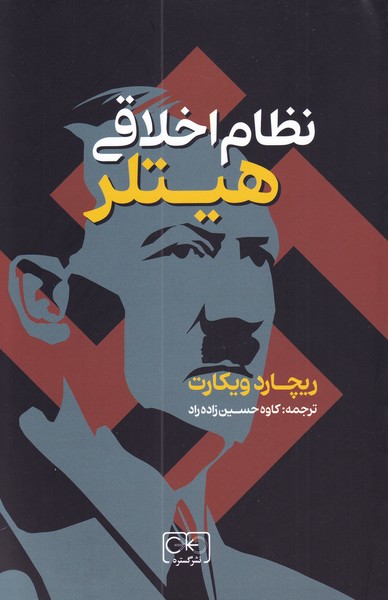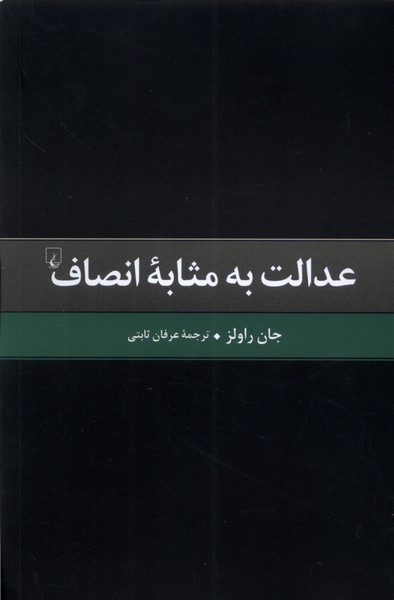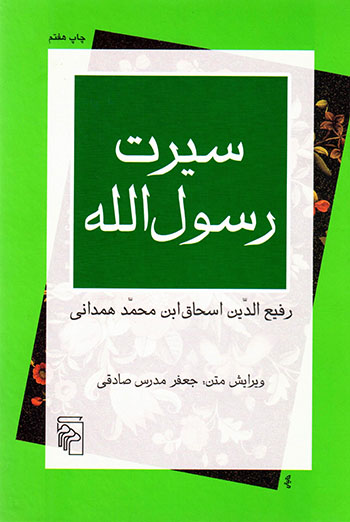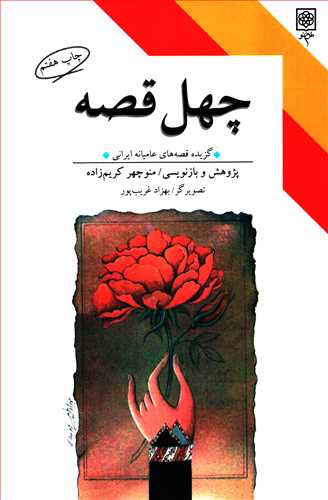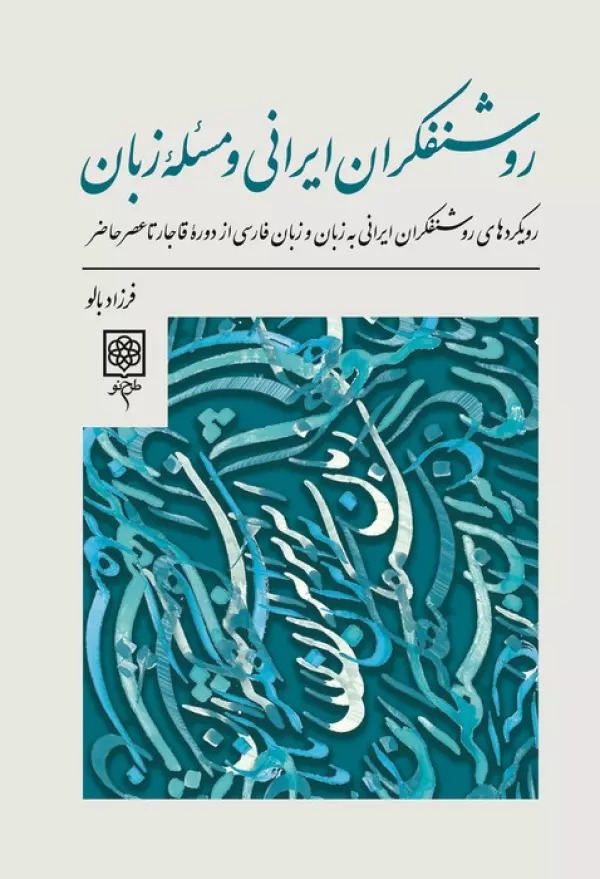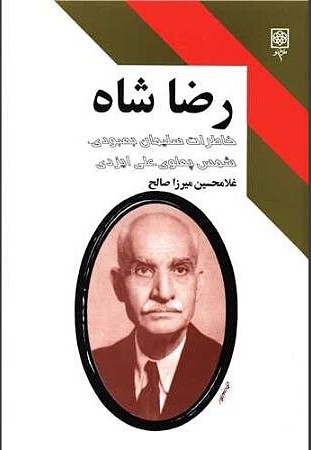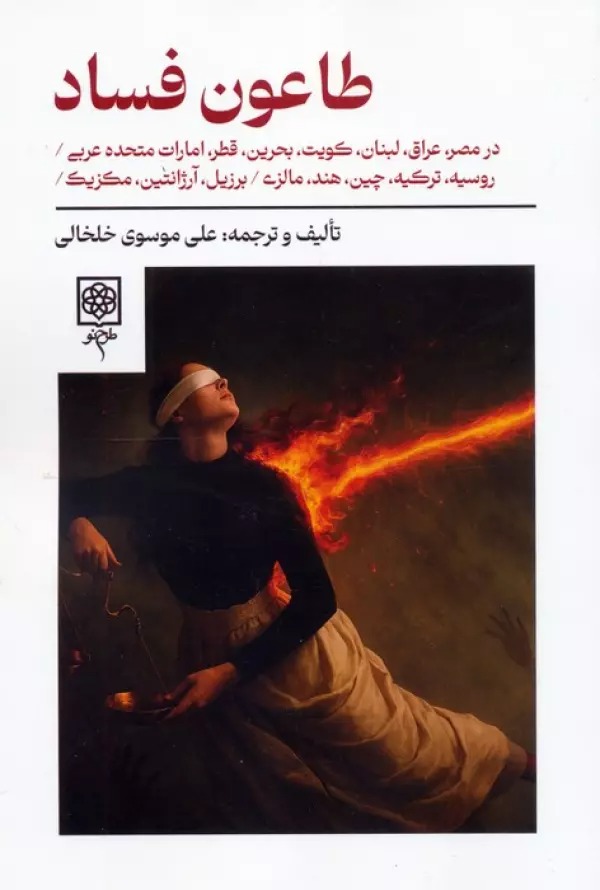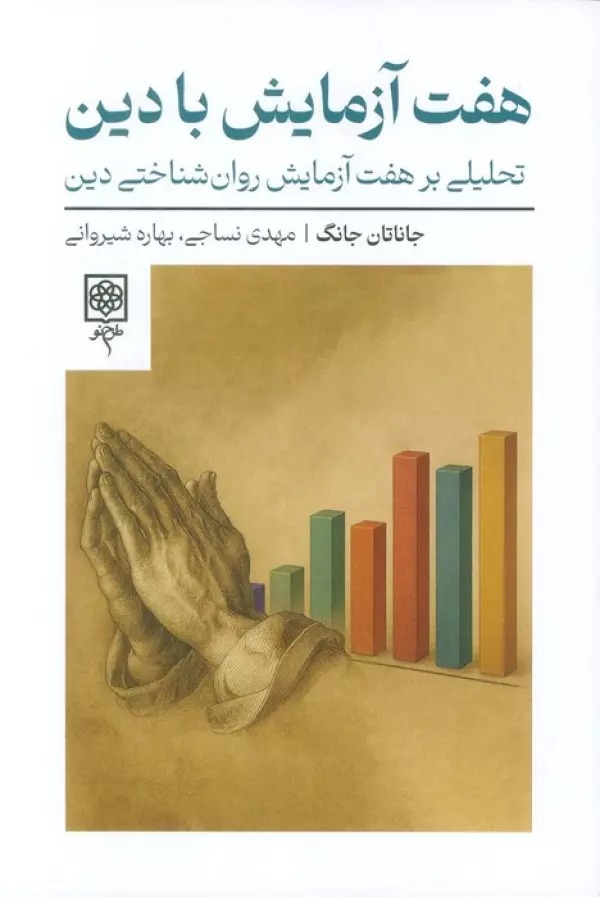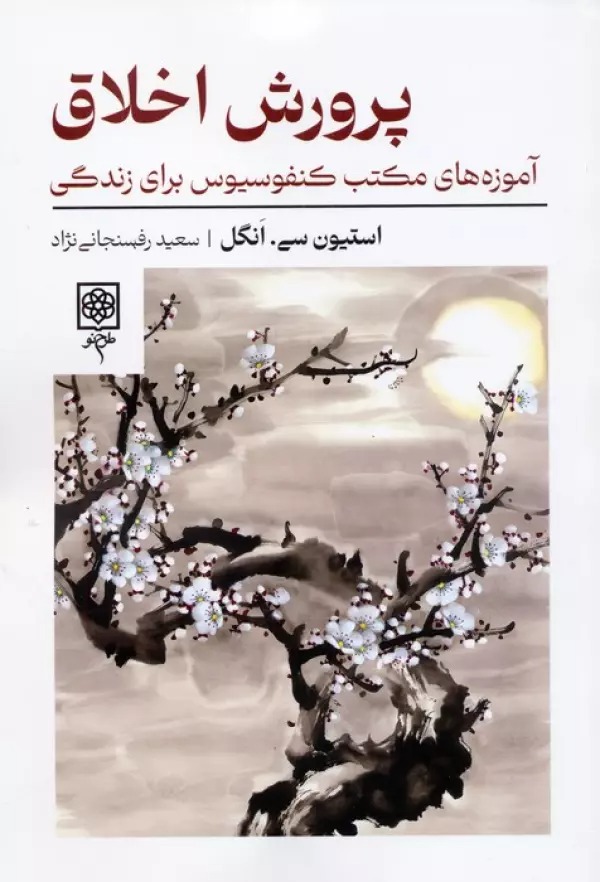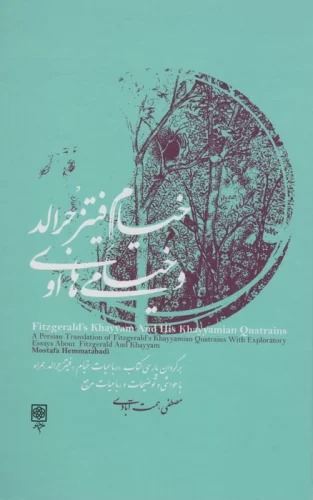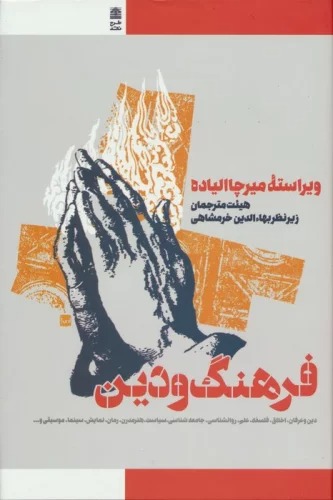Pazhuhishi Mukhtasar dar Ma'na-yi Gunah va Iman: Persiska (Farsi) 1403
پژوهشی مختصر در معنای گناه و ایمان
25,02 $
Dela
Wishlist
Originaltitel:
A Brief Inquiry into the Meaning of Sin & Faith with On My Religion
ISBN:
9789644892431
Översättare:
Kāvah Ḥusayn'zādah Rād
Förlag:
Tarh-i naw
Åldersgrupp:
Vuxen
Sidor:
503
Vikt:
470 g
Produktmått:
14 x 21 x 5
,
5 cm
Bokomslag:
Inbunden
John Rawls never published anything about his religious beliefs, but two texts were discovered after his death that shed extraordinary light on the subject. A Brief Inquiry into the Meaning of Sin and Faith is Rawls’s undergraduate senior thesis, submitted in December 1942, just before he entered the army. At that time Rawls was deeply religious; the thesis is a significant work of theological ethics, of interest both in itself and because of its relation to his mature writings. “On My Religion,” a short statement drafted in 1997, describes the history of his religious beliefs and attitudes toward religion, including his abandonment of orthodoxy during World War II. The present volume includes these two texts, with an Introduction by Joshua Cohen and Thomas Nagel, which discusses their relation to Rawls’s published work, and an essay by Robert Merrihew Adams, which places the thesis in its theological context. The texts display the profound engagement with religion that forms the background of Rawls’s later views on the importance of separating religion and politics. Moreover, the moral and social convictions that the thesis expresses in religious form are related in illuminating ways to the central ideas of Rawls’s later writings. His notions of sin, faith, and community are simultaneously moral and theological, and prefigure the moral outlook of the Theory of Justice.
more
باید از خود بپرسیم که «گناه به چه میانجامد؟» پاسخ به این پرسش از تحلیل پیشینمان مایه میگیرد. اگر انسان مخلوقی است که در جماعت و برای جماعت آفریده شده است، و اگر گناه مسبب نابودی جماعت باشد، عاقبت گناه تنهایی است. تنها بودن هولناکترین وضعیتی است که انسان میتواند به آن دچار شود. این تنهایی، این فروبستگی که شخص منفرد را درون خود به بند میکشد، از همنوعانش منزوی میکندو او را میان ویرانههای دیوانهوار جماعت رها میسازد، نتیجه بدیهی و غایت اجتنابناپذیر گناه است. اگر گناه تباهی باشد، نتیجۀ آن تنهایی است.
تنهایی یعنی مرگ شخصیت. «روحی که گناه کند، خواهد مرد.» فروبستگی، مرگِ روح است، زیرا روح در ذات خود اهل جماعت است. روح بهموجب خلق انسان از روی تمثال خداوند اهل جماعت است. خلق انسان از روی تمثال خداوند مَنشی جماعتی دارد زیرا خدا خصلتی جماعتی دارد، سه شخص در یکی است که هر کدام با دیگری برابر هستند. آن جماعت بینقص در گرو عشق و ایمان کامل است، و عشق بهدنبال برابری با کسی است که دهشش را به او معطوف کند. ازبینبردن جماعتی که انسان در آن زیست میکند، نابودی مبنای نیروبخش زندگی اوست. این امر بدانجا میانجامد که در تنهایی مطلق و ناامیدی تمامعیار اندیشیدن متوقف میشود.
more

